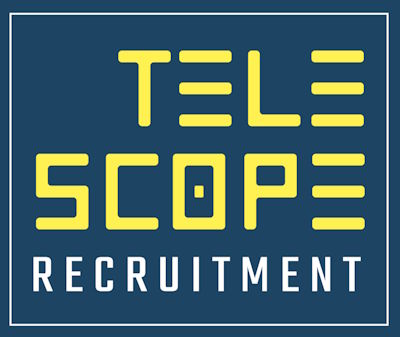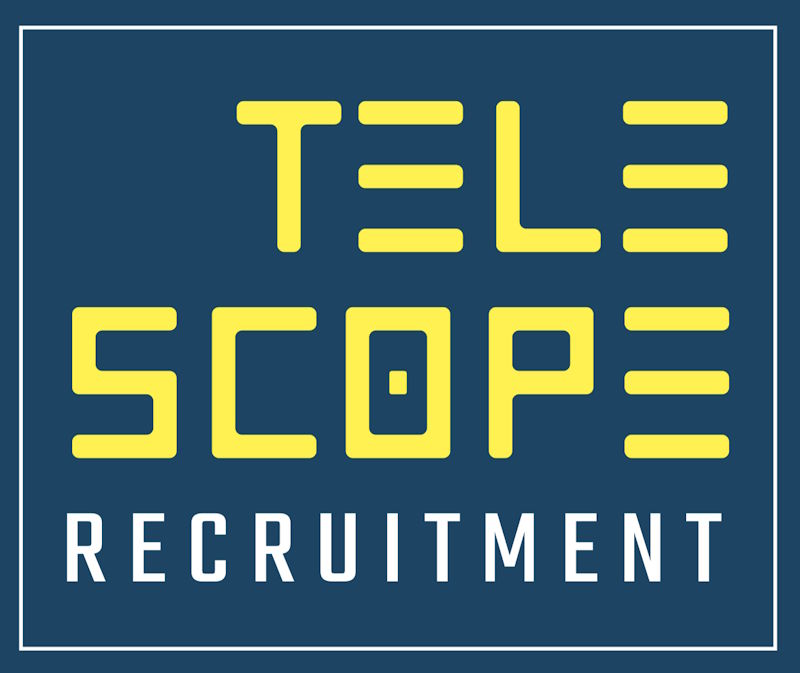Image generated by AI with ChatGPT (DALL·E)
Flexible work has reshaped the modern workplace, promising autonomy, improved work-life balance, and increased productivity. But without thoughtful structure, flexibility can quickly become a fast track to burnout.
According to a 2023 Slack study, 42% of remote employees report feeling chronically exhausted. The culprit? The “always-on” culture—blurred lines between work and personal life, after-hours messages, and meeting overload. If flexible work is going to work, both employers and employees need to take a more intentional approach.
Policy, Not Perks: What Employers Can Do
To start, organizations must move beyond surface-level perks and embed flexibility into the culture through clear, enforceable policies. For example, some companies are drawing hard boundaries on communication. Instituting “no messages after hours” or adopting meeting-free days—like Basecamp’s “No-Meeting Wednesdays”—can give teams the breathing room they need for deep, focused work.
Technology can help too. Tools like Clockwise automate schedules to reduce context switching and protect uninterrupted work time. But tools are only effective when backed by supportive policy. That’s why companies like LinkedIn go a step further by offering initiatives like “RestUp,” a company-wide week off to help employees reset.
Encouraging—and even requiring—paid time off is another way to demonstrate commitment to employee wellbeing. Without it, flexibility can turn into an invisible leash rather than a benefit.
For Job Seekers: Ask the Right Questions
Job seekers should also be proactive in assessing whether a company’s flexible work promise is real—or just a buzzword. Red flags include leadership that glorifies hustle culture, unclear expectations around availability, or lack of mention about mental health.
During interviews or offer discussions, ask specific questions: Are there written flexibility guidelines? How does the team protect against burnout? Are there limits on meeting hours or expectations around responsiveness?
Highlighting your own time management strengths can also set the tone. Showcase tools you use effectively, like Notion or Asana, to demonstrate your ability to work independently and stay organized.
Flexibility with Structure Wins
Companies like GitLab provide a useful model. Their globally distributed team thrives thanks to a well-documented “Async First” culture that minimizes meetings in favor of written communication and autonomy.
In short, flexibility without structure is just chaos in disguise. To make remote and hybrid work sustainable, employers must lead with empathy and clarity—while employees must set and protect their own boundaries.
The future of work is flexible—but only if we build it that way.
Partnering with Telescope Recruitment means embracing a visionary approach that illuminates your path to success. Together, we will reach new heights and create constellations of success that shine brightly in the cosmic realm of recruitment. Join us today and experience the difference we can make for your organization or career.





